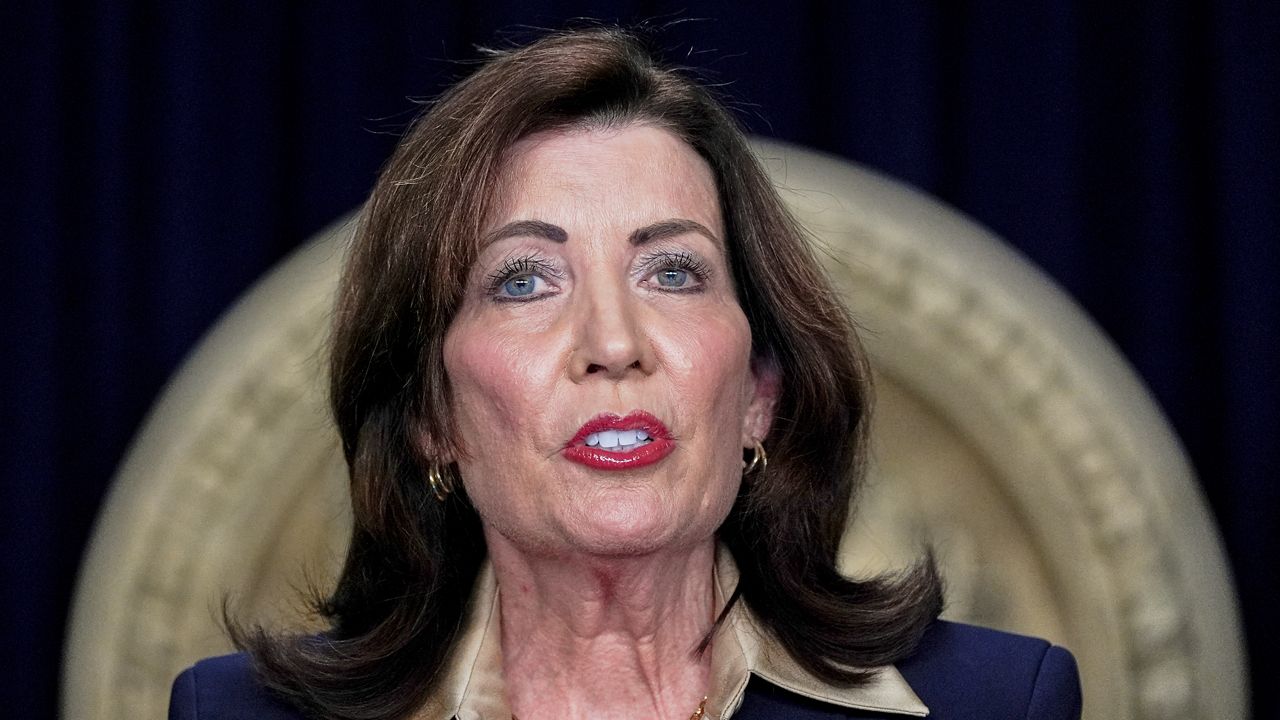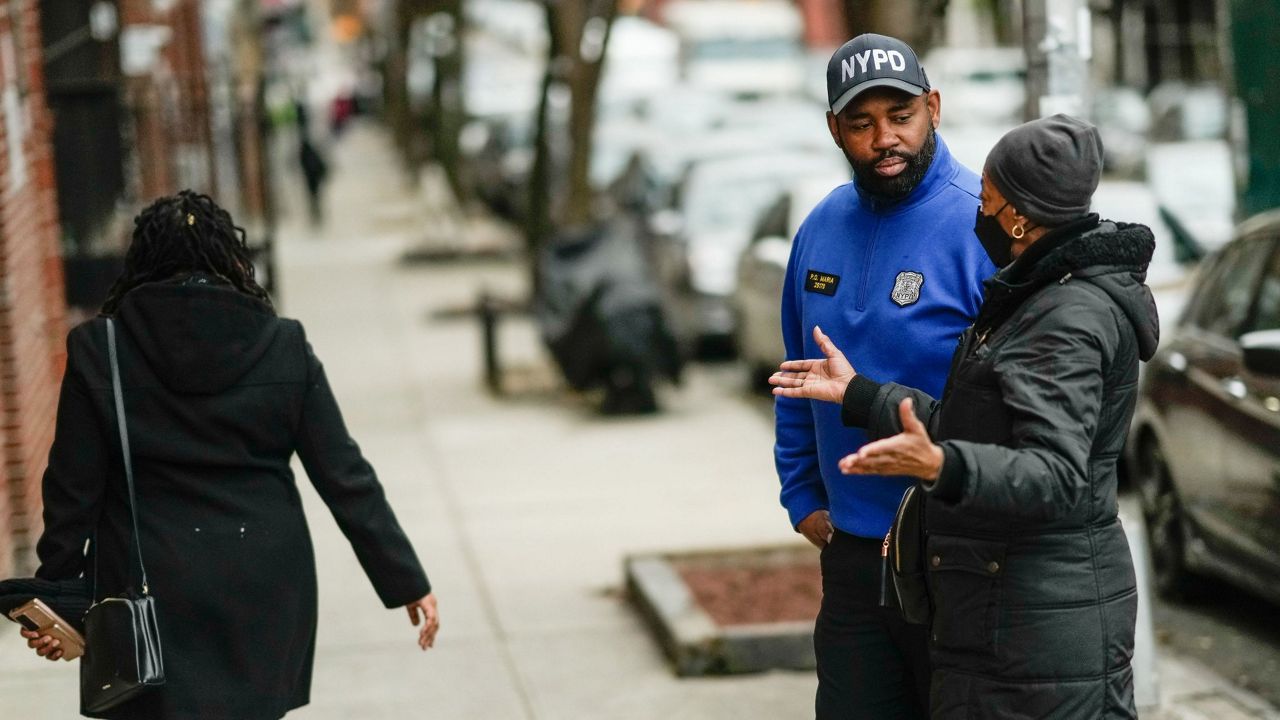Jonathan Peck regularly marched during the summer of 2020 in protest of the killing of George Floyd in Minneapolis. It was the first time he was a part of a protest movement.
He recalls the day he was arrested during a 2021 protest on Martin Luther King Jr. Day.
"Essentially, I had five to six officers chase me down, toss me to the ground and then multiple — at least two or three of them, based on the weight that was on top of me — kneel on top of me and tell me to stop resisting," Peck said.
"I think it was one of the most grueling events I ever experienced in my life," Peck added.
What You Need To Know
- A proposed settlement will create a four-tiered system that will detail how the NYPD is able to police future protests in the city
- The police tactic of kettling — when police circle a group of protesters — is banned
- A committee will review protests over a three-year period to make sure the NYPD is complying with the settlement
Peck was a plaintiff in one of four cases that were consolidated into a single federal suit against the city, accusing the NYPD of unconstitutional policing.
And now, a deal details how the NYPD will police protests in the future.
"The settlement ensures that the NYPD understands they are not to disrupt protests — they are to facilitate them," Peck's attorney, Tahanie Aboushi, said.
The settlement was also reached with the New York Civil Liberties Union, the Legal Aid Society and state Attorney General Letitia James.
The core of the settlement is a new, four-tiered system for police response that starts with patrol officers accommodating protesters if they obstruct streets and sidewalks, up to the NYPD deploying officers in the department's Strategic Response Group and then, breaking up protests.
"It changes the default. Rather, they have to sort of think what is needed for these protests," Molly Biklen, deputy legal director at the New York Civil Liberties Union, said.
The settlement also requires the NYPD to appoint a senior executive to authorize escalation of police response to protests and oversee training and policy relating to First Amendment activities.
It also bans the police tactic of kettling — which is when police circle a group of protesters.
Under the deal, police officers can only use the tactic to arrest someone when there's probable cause, and provide a pathway for people inadvertently kettled to leave.
Mayor Eric Adams and NYPD Commissioner Edward Caban released statements in support of the agreement.
Police unions representing officers, detectives and sergeants were parties in the suit.
The detectives and sergeants unions back the settlement deal.
But the Police Benevolent Association is rejecting the settlement agreement.
In a statement, PBA President Patrick Hendry said that "it will expose police officers to more discipline for taking lawful and appropriate police action."
The deal must get approval from a federal judge.









